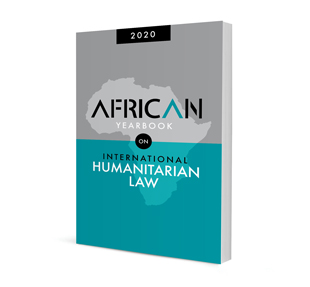
Keeping The Natives in Their Place: The Ideology of White Supremacy and The Flogging of African Offenders in Colonial Natal – Part 2

Keeping The Natives in Their Place: The Ideology of White Supremacy and The Flogging of African Offenders in Colonial Natal – Part 2
Author: Stephen Peté
ISSN: 2411-7870
Affiliations: BA LLB (University of Natal) LLM (University of Cape Town) M Phil (University of Cambridge) PhD (University of KwaZulu-Natal). Associate Professor, School of Law, University of KwaZulu-Natal.
Source: Fundamina, Volume 27 Issue 1, p. 67-100
https://doi.org/10.47348/FUND/v27/i1a3
Abstract
The political economy of colonial Natal was based on a coercive and hierarchical racial order. Over decades, the white colonists struggled to assert their power over the indigenous inhabitants of the colony, and to force them off their land and into wage labour in service of the white colonial economy. This process resulted in ongoing resistance on the part of the indigenous population, which ultimately manifested as a series of rebellions and revolts throughout the colonial period, and which were met with force by the white colonists. White colonial ideology was shaped by the violent and adversarial nature of the social, political and economic relations between white and black in the colony. It was also influenced by the broader global context, within which colonisation was justified by racist variants of the theory of Social Darwinism. Driven by a strange mix of deep insecurity and fear on the one hand and racist paternalism on the other, the white settlers of colonial Natal developed a variant of white supremacist ideology with a special flavour. Nowhere was this more apparent than in their near obsession with flogging as the most appropriate manner of dealing with, in particular, African offenders. By closely examining a series of public debates that took place in the colony of Natal between 1876 and 1906, this contribution seeks to excavate the various nuanced strands of thinking that made up the ideology of white supremacy in the colony at the time.
